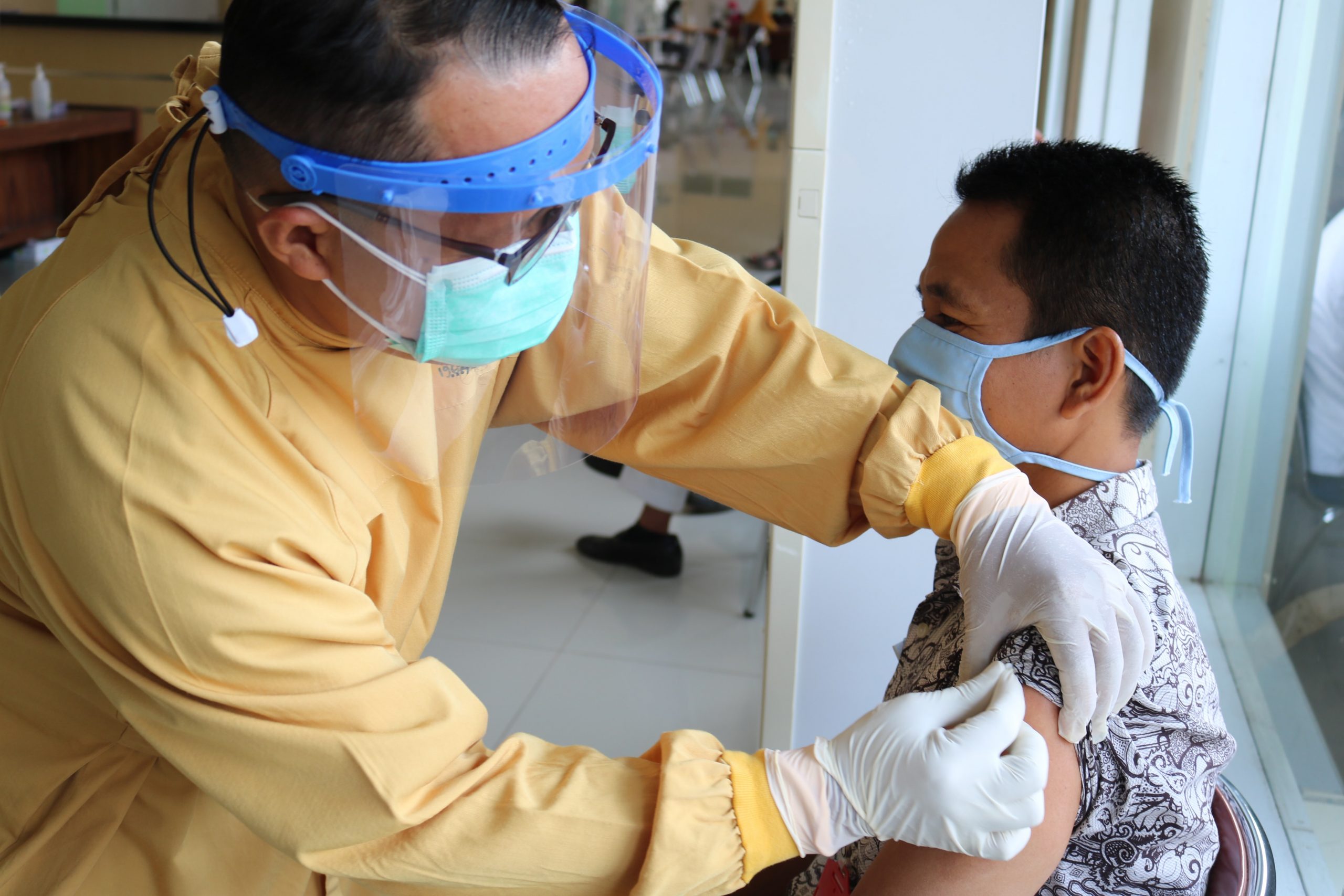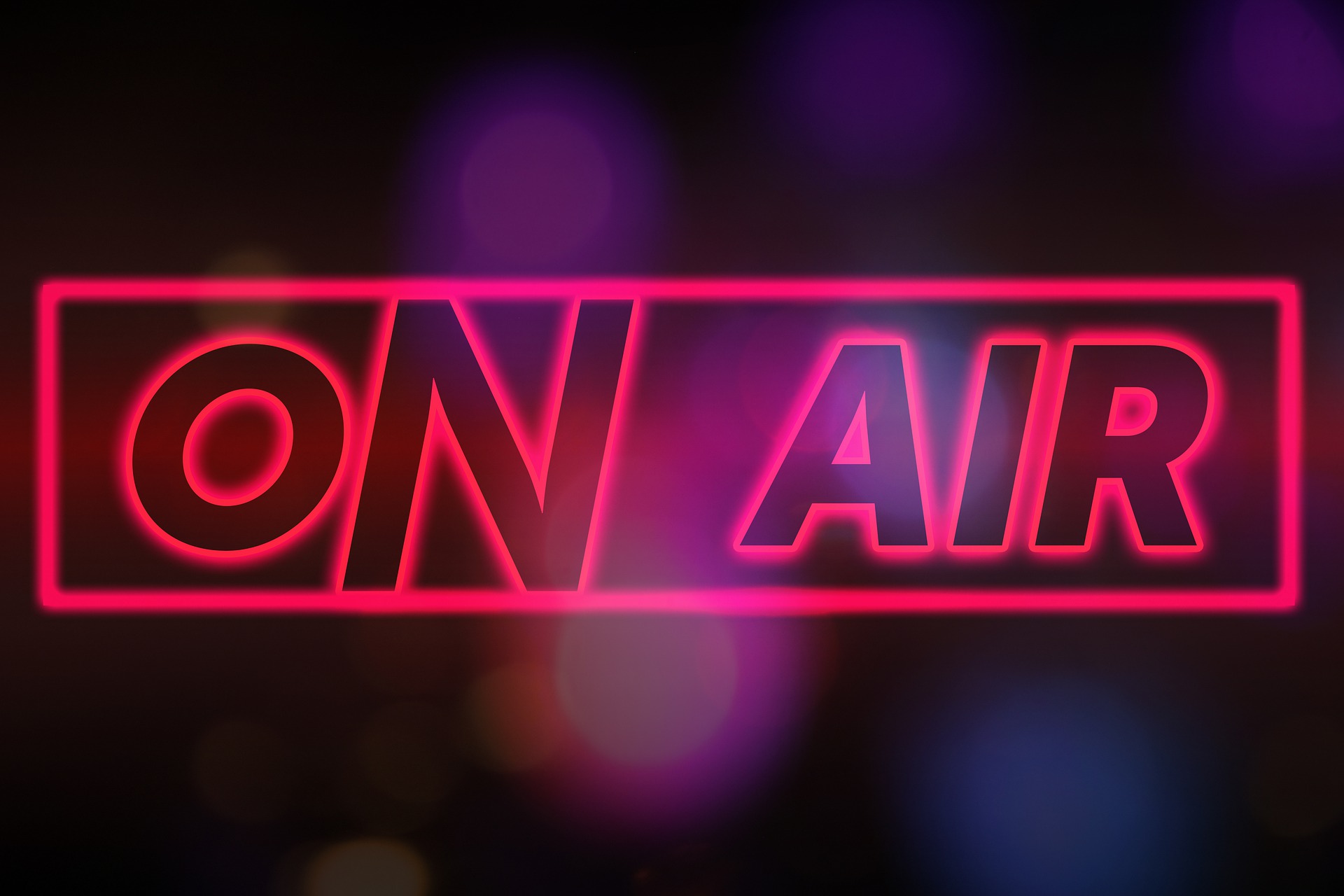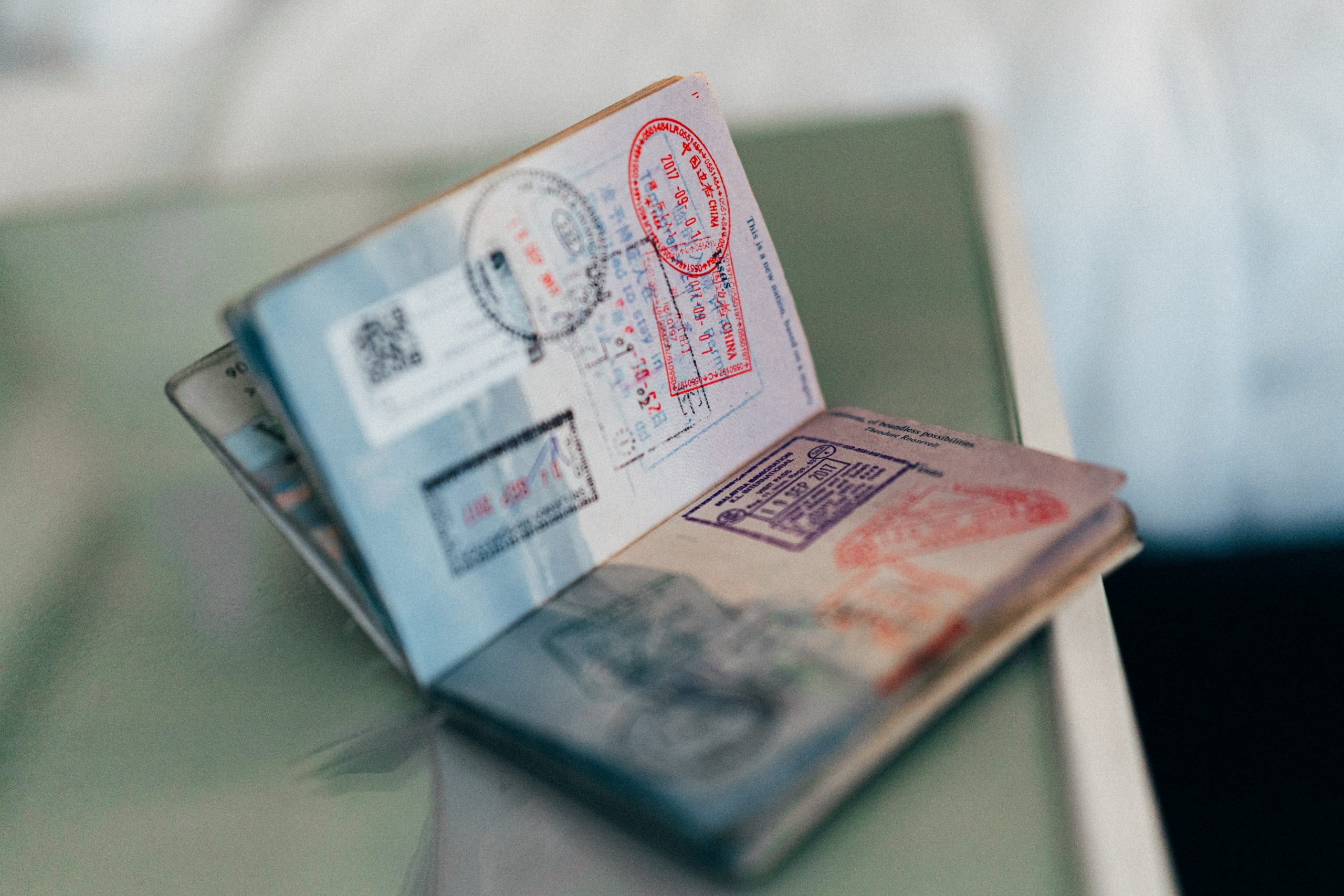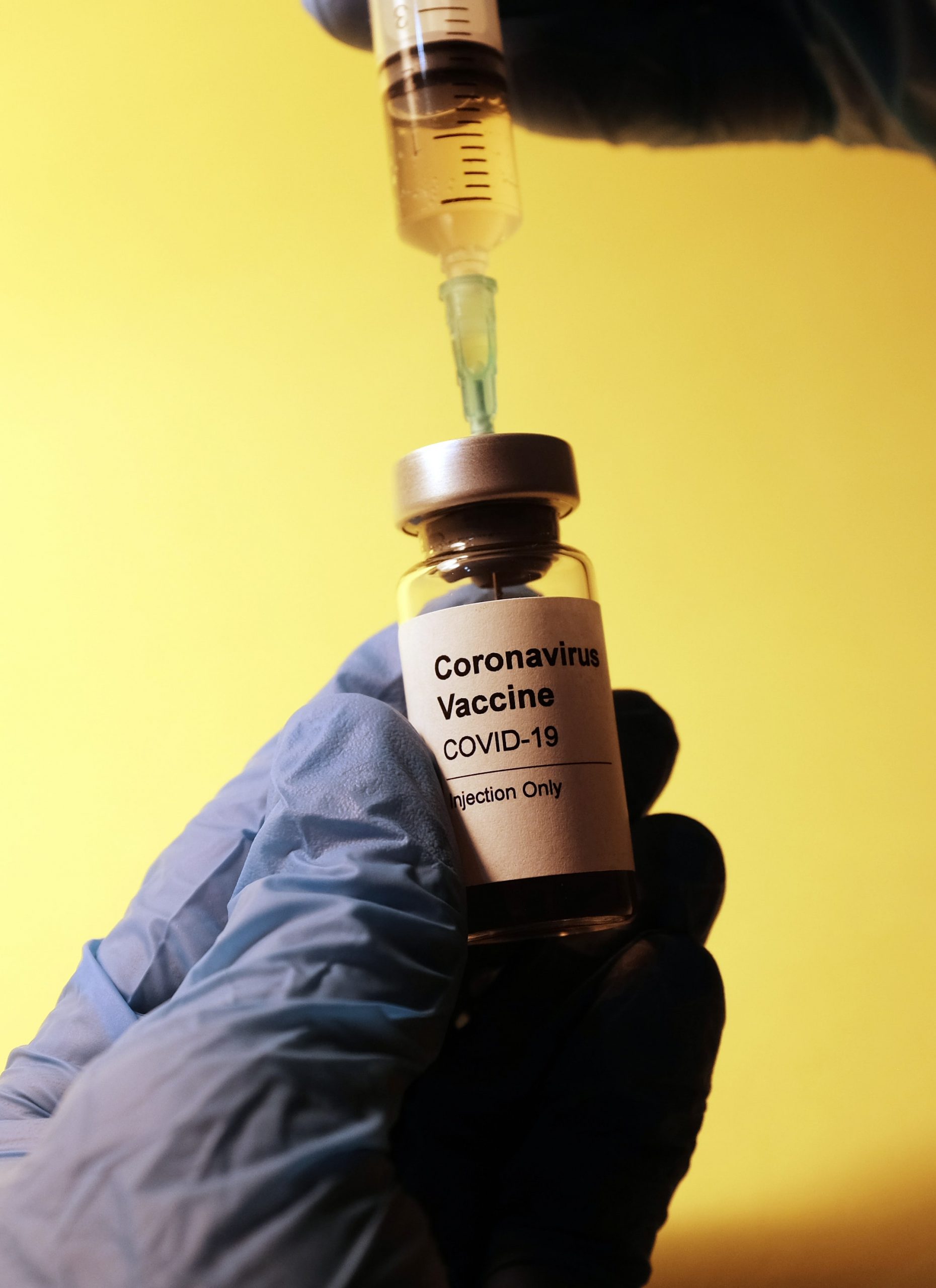Welcome back to Visalawyerblog! In this blog post, we will cover the release of the November Visa Bulletin 2021 and what you can expect for employment based and family preference categories during the month of November 2021.
The Department of State releases the visa bulletin on a monthly basis, which summarizes the availability of immigrant visa numbers for that particular month. The “Final Action Dates” and “Dates for Filing Applications,” charts indicate when immigrant visa applicants should be notified to assemble and submit the required documentation to the National Visa Center.
If you would like to follow along on each month’s progress for the Visa Bulletin please be on the lookout for the “Chats with Charlie” series on the DOS YouTube Channel.
Chats with Charlie is a monthly series recently launched by the State Department where Charlie Oppenheim, Chief of the Immigrant Visa Control & Reporting Division of the U.S. Department of State, answers your frequently asked questions regarding each month’s Visa Bulletin. Questions can be emailed to VisaBulletin@state.gov ahead of the event with “Chat with Charlie Question” in the subject line.
Adjustment of Status Filings for those lawfully residing in the United States
In general, if USCIS determines there are more immigrant visas available for a fiscal year than there are known applicants for such visas, the agency will provide instructions on the www.uscis.gov/visabulletininfo webpage that applicants may use the Dates for Filing chart. Otherwise, USCIS will indicate that applicants must use the Final Action Dates chart to determine when they may file their adjustment of status application with USCIS. If a particular immigrant visa category is “current” on the Final Action Dates chart or the cutoff date on the Final Action Dates chart is later than the date on the Dates for Filing chart, applicants in that immigrant visa category may file using the Final Action Dates chart during that month.
 Visa Lawyer Blog
Visa Lawyer Blog











